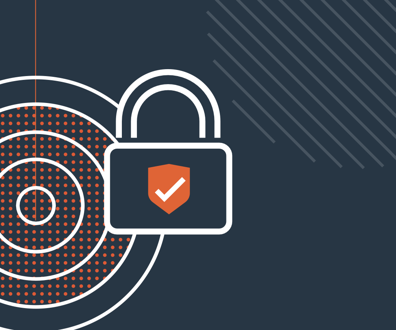Pentagon Mandates Homemade Masks for Some Workers

Danilova Janna/Shutterstock.com
N95 respirators and surgical masks will be reserved for health care workers and patients, the Defense Department said in a series of memos this week.
In light of recent guidance from the Centers for Disease Control and Prevention encouraging people to wear face masks in public to slow the coronavirus outbreak, the Defense Department this week implemented new rules requiring some sort of face covering for many department and contractor employees.
Defense Secretary Mark Esper on Sunday sent a memo to the department that “to the extent practical,” anyone on Defense Department property must wear “cloth face coverings” if they cannot maintain the recommended six feet of social distance in public or work areas. Local commanders may issue exceptions to this rule, although they must inform their superior “for situational awareness.”
The immediate availability of face masks is unclear, but Esper suggested all department personnel, including service members, civilian employees, military family members and contractors, should make their own.
“As an interim measure, all individuals are encouraged to fashion face coverings from household items or common materials, such as clean T-shirts or other clean cloths that can cover the nose and mouth area,” he wrote. “Medical personal protective equipment such as N95 respirators or surgical masks will not be issued for this purpose as these will be reserved for the appropriate personnel.”
On Wednesday, Defense Undersecretary for Personnel and Readiness Matt Donovan issued additional guidance implementing Esper’s order. He stressed that N95 respirators and surgical masks will not be issued to most department employees, and he provided guidelines for homemade facemasks.
“A cloth face covering shall extend above the nose without interfering with eyewear, and below the chin to cover the mouth and nostrils completely,” Donovan wrote. “It shall fit snugly but comfortably against the sides of the face and be secured.”
Donovan also laid out the circumstances in which personal protective equipment will be provided to department employees. The highest priority—source control—is for COVID-19 patients and those suspected of having the novel coronavirus, who should receive surgical masks. Then, employees involved in health care delivery at military treatment facilities and the like should receive N95 respirators or surgical masks, as well as eye protection, gowns and gloves.
Employees involved in the transportation of COVID-19 patients, quarantine support workers and mortuary affairs teams also should receive professionally made facemasks, eye protection, gowns and gloves. Last on the priority list are employees who incur “increased risk in performance of official duties,” who should receive gloves and use their own cloth face covering.
“[N95-style respirators] are not recommended for use outside of health care, discrete COVID-19 support missions, and other specifically authorized settings,” Donovan wrote. “N95 respirators must be fit-tested on the user to provide optimal protection. [Surgical masks] are intended to reduce the spread of viruses when worn by patients and health care workers.”






